By Amanda Rose Newton
Think seed starting is just for spring? Not in Florida! Central Florida’s long growing season means you can grow productive crops from seed, even in the heart of summer. With a bit of planning and heat-smart choices, summer seed starting can set you up for big harvests and beautiful blooms.
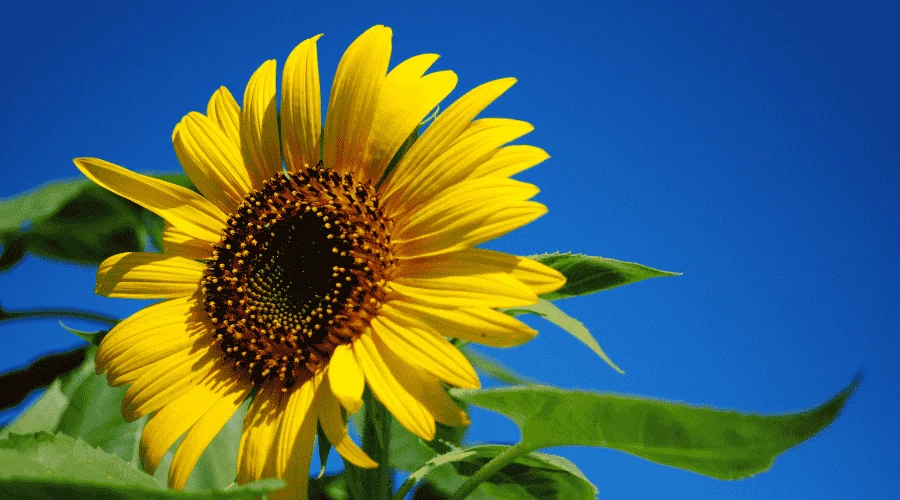
Why Start Seeds in the Summer?
There are a few big benefits to summer seed starting:
- You can keep your garden producing with succession planting.
- You get a head start on fall crops that do best when transplanted before the weather cools.
- Seeds are often more affordable than buying transplants—and you can grow unique varieties not found in stores.
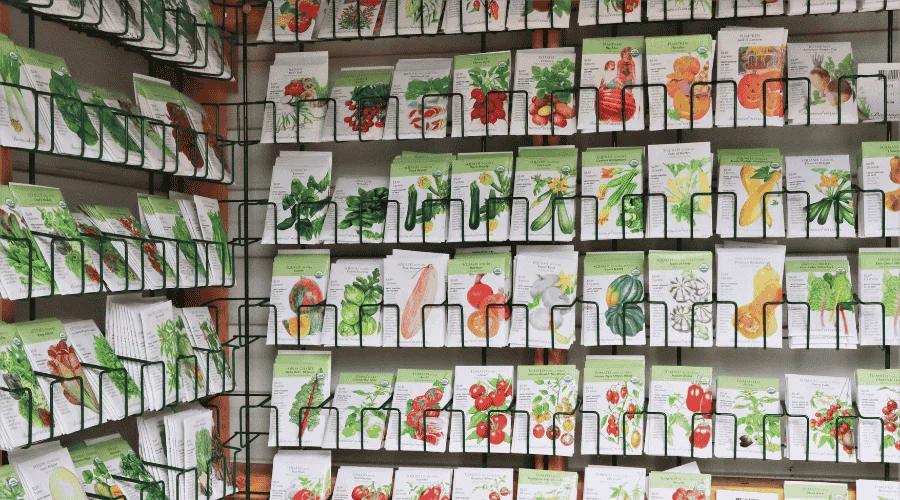
Heat-Loving Vegetables to Start from Seed
- Okra is one of the best crops for Florida’s summer heat. It matures in about 50 to 60 days and is tolerant of poor soil and drought. Direct sow it right in the garden.
- Southern peas (like cowpeas and black-eyed peas) take 60 to 90 days and thrive in hot, dry conditions. These are also great for improving soil.
- Sweet potatoes aren’t started from seed but rather from slips, and summer is an ideal time to root and plant them. Expect a harvest in 90 to 120 days.
- Yardlong beans thrive in humid and hot conditions, and they mature in approximately 60 to 75 days. They’re highly productive and do well on a trellis.
- Seminole pumpkins are a Florida-native crop that takes 90 to 120 days to mature. They’re pest-resistant, vigorous, and stored well once harvested.
- Malabar spinach isn’t a true spinach, but it grows like a vining green and has a similar taste. It matures in 55 to 70 days and handles high temperatures with ease.
- Hot peppers can be slow to germinate and mature (80 to 100 days), but they thrive in heat once established. Start seeds in partial shade or indoors.
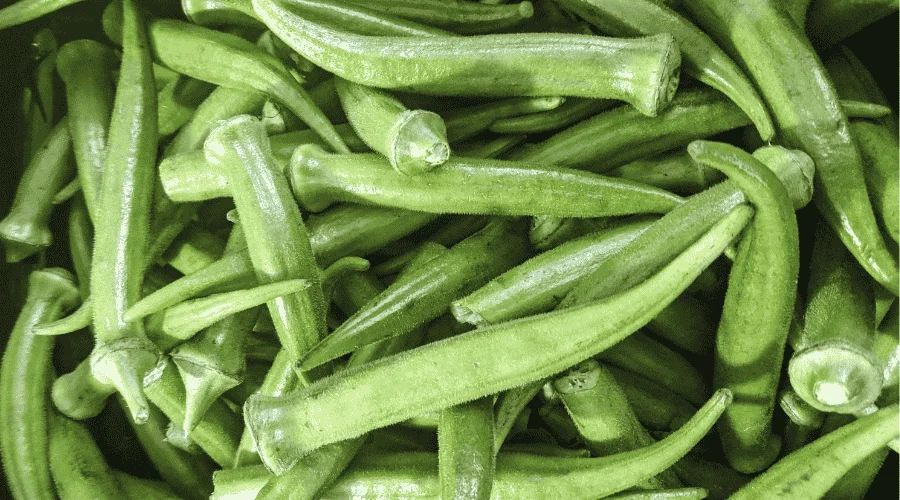
Summer Flowers to Start from Seed
- Zinnias are easy to grow, thrive in full sun, and bloom in 50 to 60 days. Great for cut flower gardens.
- Sunflowers vary in terms of variety, but most bloom within 60 to 80 days. Dwarf types are faster, while tall ones offer beauty and pollinator benefits.
- Cosmos are airy, delicate flowers that do well in the heat. Expect blooms in 45-65 days.
- Marigolds are both beautiful and valuable for pest control. They take about 45 to 60 days to bloom.
- Tithonia, also known as Mexican sunflower, is a magnet for butterflies and hummingbirds. These take longer—about 90 days—but are well worth the wait.
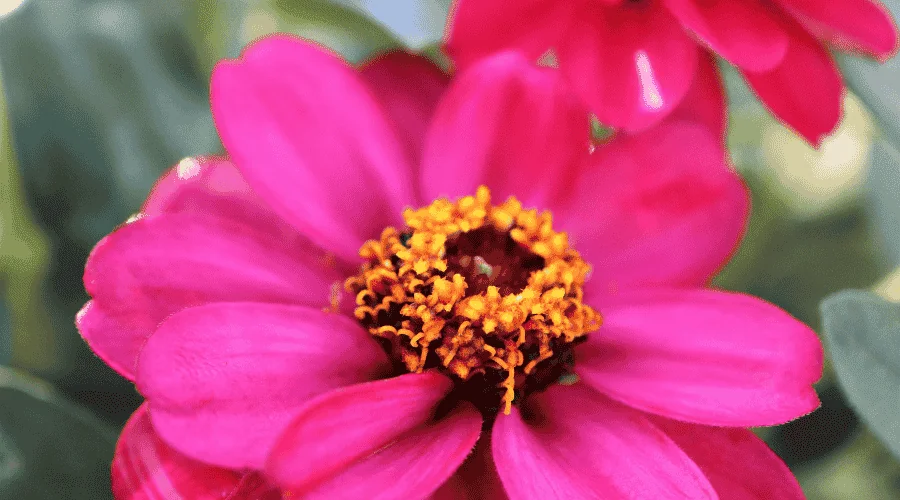
How Long Does It Take to Harvest?
Always check your seed packet, but in general:
- Add 1 to 2 weeks for seeds that are started indoors or in trays.
- For direct-seeded crops, harvest times range from 45 days (for cosmos or marigolds) to 120 days (for Seminole pumpkins or sweet potatoes).
- Plant a few seeds every 1 to 2 weeks for staggered harvests through fall.
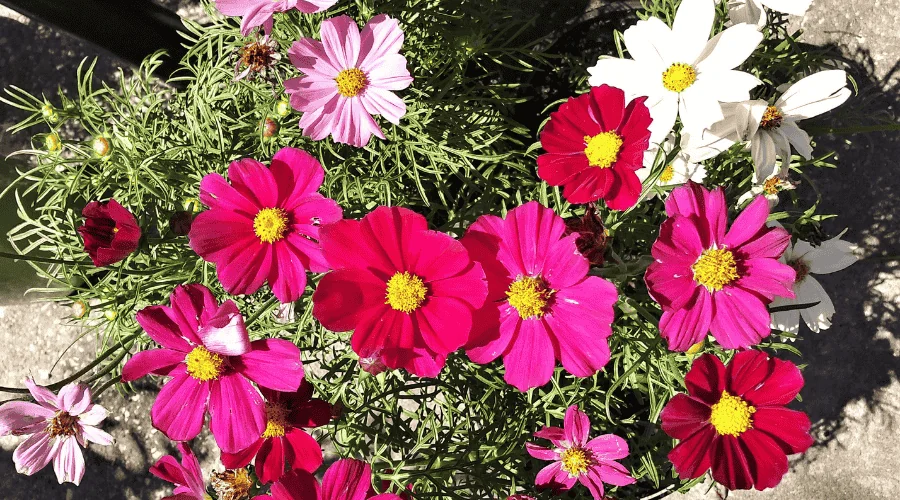
Tips for Starting Seeds in Summer Heat
- Start seeds early in the morning or in the late afternoon to avoid scorching midday sun.
- Use shade cloth or plant in dappled light to help young seedlings get established.
- Keep soil consistently moist—not soggy—and water gently.
- Raised beds or containers can help improve drainage and air circulation.
- Keep an eye out for summer pests, such as aphids, whiteflies, and caterpillars.
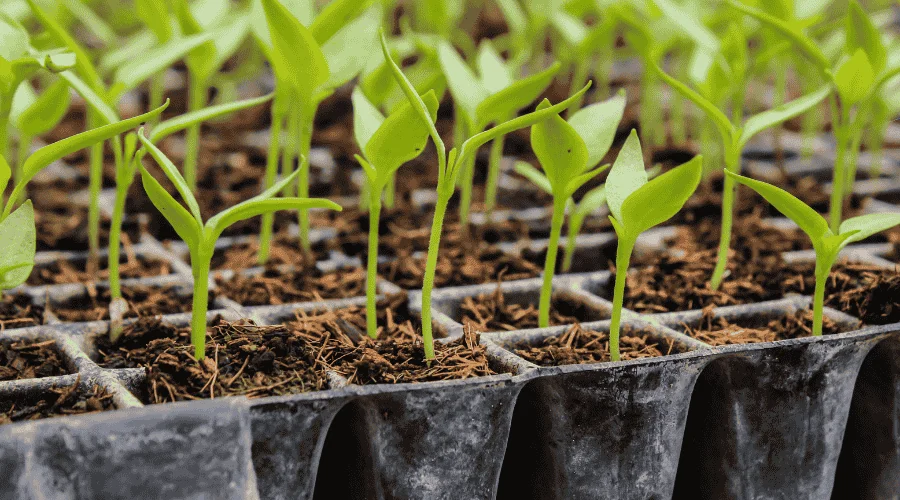
What Not to Start Now
Skip cool-weather crops like lettuce, broccoli, carrots, or cabbage. They’ll bolt or wither in the heat. Save those seeds for late fall or early winter planting when Central Florida’s weather cools down.
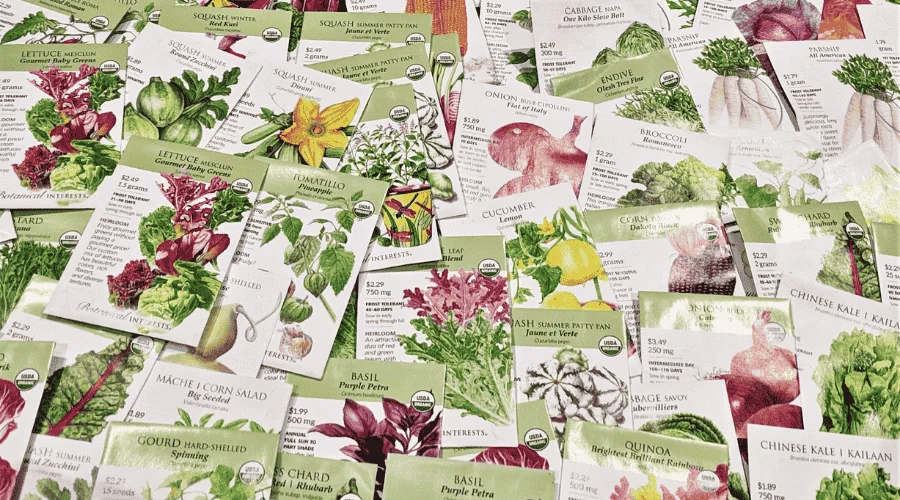
Don’t let Florida’s summer heat stop you from growing! With the right crops and timing, seed starting in the summer can bring beauty, flavor, and fresh produce well into fall. Select heat-tolerant varieties, protect your seedlings from stress, and continue planting in small batches for a thriving summer garden.


